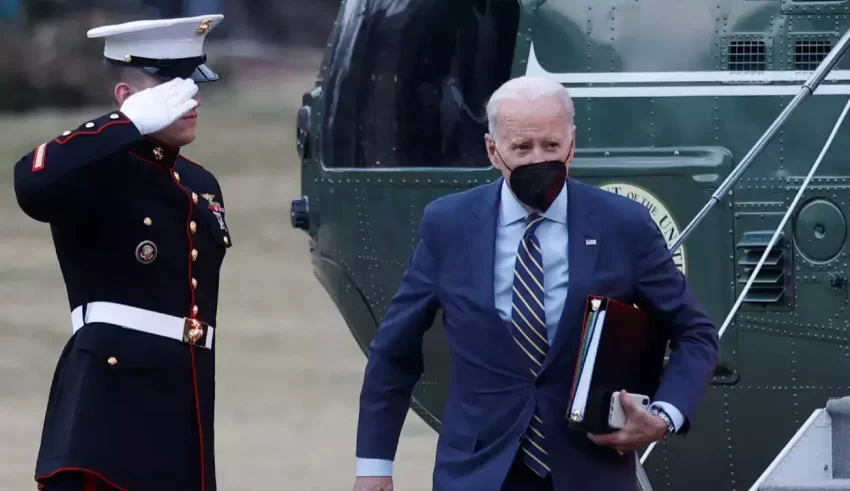
Both Joe Biden and Donald Trump have found themselves in the middle of some controversial scandals related to the storage of classified documents. The current and the former president, in different circumstances, have retained documents containing government secrets after having abandoned their institutional roles: Biden as vice-president under the Obama administration and Trump as US president. This is a cause of embarrassment for Biden, who when the Trump’s case came to light called his handling of classified documents totally irresponsible asking how that could possibly happen. [1]
In the US system, all the material containing even a sole sensitive information that may damage or threaten national security is qualified as classified: the definition is broad, encompassing issues such as war strategies, diplomatic communications, scientific or technological matters. Information is classified based on three levels of secrecy (namely confidential, secret and top secret) by the president itself, his Cabinet or by the agency that has produced the document and remains classified as long as required by national security considerations; in order to get access to classified documents, that are stored in securitised places called sensitive compartmented information facilities, it is necessary to obtain an adequate security clearance.
The way to handle classified information is heavily regulated under the American federal legal framework, including by the Espionage Act: unlawful removal, disclosure or destruction of secret documents may be sanctioned with detention from three to ten years in prison and conspicuous fines. US presidents and high government representatives are obliged to return all the documents in their possession produced during their administration (including the unclassified ones): the 1978 Presidential Record Act clearly states that any record created or received by a president in its official capacity is property of the US government and must be returned.
However, in four years it is issued a huge amount of documents, and apparently it is not so uncommon to store those in a wrong place: as said by the former CIA officer Larry Pfeiffer “It just happens, mistakes get made, and stuff gets found”. [2] These blunders made in good faith are usually handed as an administrative matter, without any investigation or punishment except for demotions or loss of security clearance. But when a US President is involved, things are different: as a matter of fact, in both situations the General Attorney appointed a special counsel to investigate over the bungle of documents. But apart from that, the two cases relevantly differ between each other.
For what regards Biden, a small volume of classified documents currently under justice department has been discovered by his attorney and promptly turned over the authorities, showing a cooperative attitude; at the opposite hand Trump willingly decided to embezzle boxes of documents in his Mar-a-Lago resort, refusing to turn them up to the authorities when they discover the fact and threating to publicly release those for demonstrating that, in his opinion, national security was not affected by his actions. That is the reason why a criminal inquiry has been open against Trump, who may be charged with allegations of obstruction of justice, destruction of records and mishandling of government secrets; for what regards Biden, the absence of any evidence of wilful intent would probably lead to no kind of indictment.
However, for the Biden administration having classified documents scrutinised by a prosecutor is a cause of concern, because although investigations might prove that the error was made in good faith, the outcome is unpredictable and other issues may arise. Moreover, this will continue to be used as a political tool in the hands of Republicans to discredit the current administration in view of the next presidential elections, drawing a false equivalence with the investigations carried out over Trump and therefore accusing the department of justice of double standards. The criminal investigation opened against Trump blurred his hopes of being re-elected and the same effect seems to apply also to Biden, who faced a drop of electoral support in the aftermath of the event and may lose more and more consensus if any classified document would emerge.
In the end the two situations have very little in common, but however both show how document management could be controversial for the White House: it represents a warning flag for what regards official secrets and a reminder of the need for a reform to pare the cumbersome storing system for protecting classified documents down.
[1] https://www.washingtonpost.com/politics/2023/01/13/classified-documents-explained-biden-trump/ [2] https://apnews.com/article/biden-politics-us-national-security-council-donald-trump-united-states-government-e8c56297702daf253b9e0fcb45e17b6cBy The European Institute for International Law and International Relations.















